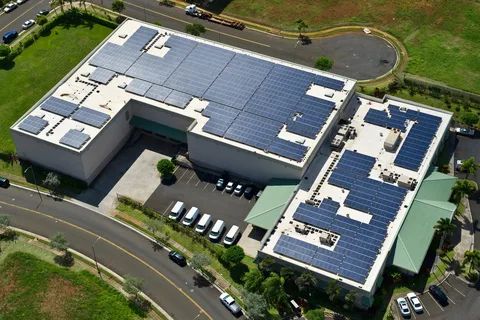Financing Options for Commercial Solar Systems: What You Need to Know
As businesses increasingly seek sustainable energy solutions, commercial solar systems have become a popular choice. However, the upfront cost of installing solar panels can be substantial. This is where understanding the financing options for commercial solar systems: what you need to know becomes crucial. Choosing the right financing option can make solar energy more accessible and affordable for your business.
Why Financing Matters for Commercial Solar Systems
Commercial solar installations typically involve significant initial investment, including the cost of solar panels, inverters, installation, and maintenance. While the long-term savings on energy bills are attractive, the upfront cost can be a barrier. Financing options help spread these costs over time, enabling businesses to reap the benefits of solar energy without straining their cash flow.
Common Financing Options for Commercial Solar Systems
When exploring financing options for commercial solar systems: what you need to know, there are several pathways businesses can take:
1. Solar Loans
Solar loans allow businesses to borrow money to cover the cost of solar installation. These loans can be secured or unsecured, with repayment terms typically ranging from 5 to 20 years. The advantage is that the business owns the system outright and benefits from tax credits and incentives.
2. Solar Leases and Power Purchase Agreements (PPAs)
Under a solar lease or PPA, a third party owns and maintains the solar system on your property, and you pay a fixed monthly fee or per kilowatt-hour for the electricity generated. This option requires little to no upfront cost, but the business does not own the system, which may affect eligibility for certain incentives.
3. Commercial Solar Incentives and Grants
Many governments and utility companies offer grants, tax credits, and rebates to encourage solar adoption. These incentives can significantly reduce the cost and improve the financial viability of commercial solar systems. Businesses should research local and federal programs available to maximize savings.
Factors to Consider When Choosing Financing Options
Understanding financing options for commercial solar systems: what you need to know includes evaluating the following:
- Ownership and Tax Benefits: Ownership models like loans offer tax incentives, while leases may not.
- Upfront Costs vs. Long-Term Savings: Leases reduce upfront expenses, but loans can lead to greater savings over time.
- Maintenance Responsibilities: With loans, the business maintains the system; leases shift maintenance to the provider.
- Credit Requirements and Interest Rates: Loan approval depends on creditworthiness, which affects financing costs.
Conclusion
Navigating financing options for commercial solar systems: what you need to know is essential for any business considering solar energy. By carefully weighing the pros and cons of loans, leases, and available incentives, businesses can find the best way to invest in sustainable energy solutions. With the right financing, commercial solar systems not only contribute to a greener planet but also enhance financial performance in the long run.


